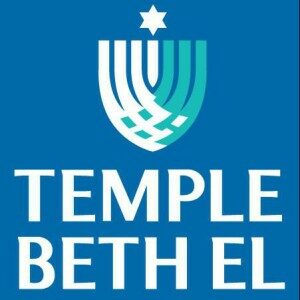Torah-Inspired, Reflection of The Day:
Today we look at B’har, Leviticus 25:1 – 26:2 – rules of economic fairness – forgiveness of debts; as well as rules about allowing land to rest on the seventh year. The text sums up the intent of these laws in the final lines which remind the Israelites that they serve God, who freed them from Egypt, and that they should make no idols and observe the Sabbath.
Materialism is a form of idolatry. When we claim to own a thing or a person or the land we allow the ownership to rule us. Giving up on that ownership, making rules about it that are fair, and reminding our selves on a regular basis that all belongs to the universe and not us, frees us from being bound to our possession of things.
Remembering that only the infinite is worthy of worship helps us focus on the values that create a better world. Observing pauses like Shabbat on a weekly basis, and the Sabbatical and Jubilee years, allows us to regain a sense of priorities greater than focus on what we have and don’t have.





2 Responses
The answer to the second question in the Ethicist column in the Sunday Mag of the NYT, 21 October, has an interesting observation or two on private property.
http://www.nytimes.com/2012/10/21/magazine/music-appreciation.html?smid=pl-share
Indeed – ownership is not frowned upon in Judaism, after all, not stealing is one of the big ten utterances. Over-attachment to ownership, possession as a source of meaning, that’s what I believe we are cautioned against.